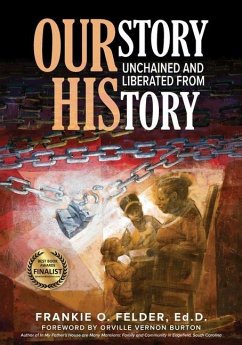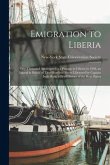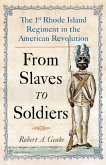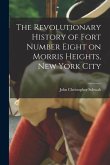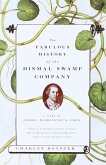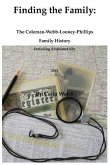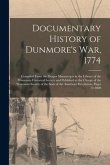OURstory Unchained and Liberated from HIStory is a historical narrative that researches the lives and legacies of the slave ancestors of the first African American dean hired at Clemson University, uncovering unsuspecting ties between John C. Calhoun, owner of Fort Hill plantation (now Clemson University) and John Myers Felder, the largest Felder slave holder in South Carolina. Movement of Felder slaves from South Carolina to Mississippi, then Louisiana, and finally Texas reflects the location of the Felder freedmen post slavery, and patterns of civic and personal activity of the freedmen are likewise similar to that seen in the white families presumably associated with these men and women who survived the ordeal of enslavement . OURstory Unchained and Liberated from HIStory establishes who the Swiss Felder family was that came to South Carolina in 1735 and participated in the American Revolution - seeking freedom from what they determined to be a tyrannical British rule over their destinies. It describes how the general culture of the low-country's - attitudes towards slavery was developed and was fully supported by the Felders as they served as legislators and judges significantly involved in establishing the laws and rules that governed the institution. Patterns and legacies that are highlighted include religion, education, and economic empowerment/property ownership. The establishment of the A.M.E. religion and participation in it by freedmen is testimony to the abiding faith that brought these men, women and children through the most brutal form of slavery developed in the modern world. The building of schools (public, private, religious, and historically black colleges and universities) by the freedmen -- slashing illiteracy of African Americans in half within 35 years of enslavement - is nothing short of miraculous for an entire race of people who could not write or spell their names just a few years prior. And finally, the ability to unite their families, secure work, and purchase homes reflect a race determined to master principles of economic empowerment despite the atrocities of their past. OURstory Unchained and Liberated from HIStory unearths the ancestors of the author, who turn out to be of African descent, United States Colored Troops and Confederate soldiers in the Civil War, and black and white Americans. This book reflects the deeply Southern experience that too many don't want to admit, sheds light on the intentional silence that has prevented many African Americans from discovering their roots and connecting with their past. However, it also provides a glimmer of hope in its conclusion, identifying examples of many black Americans who, now unchained and liberated, have excelled in careers from physics to sports, suggesting, prayerfully, that better times are ahead regarding race relations in the United States. This book is factual, intermixing historical research methods, genealogy, and personal passion with discovery of the southern foundations of the author's family.
Hinweis: Dieser Artikel kann nur an eine deutsche Lieferadresse ausgeliefert werden.
Hinweis: Dieser Artikel kann nur an eine deutsche Lieferadresse ausgeliefert werden.
